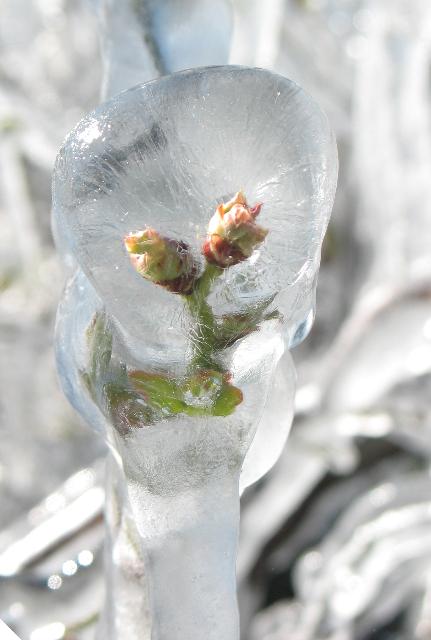By Clint Thompson
Frost protection will be an essential management plan for blueberry producers in the Southeast during the upcoming months leading up to harvest.

Eric Stafne, a Mississippi State Extension/Research Professor, highlights the benefits and importance of using overhead sprinkler irrigation when temperatures drop below freezing.
“The benefit of using that is it’s the most effective way to prevent frost or freeze damage on blueberries. You’re coating that berry or that flower in ice and constantly applying more water. It’s melting and freezing and melting and freezing. It’s keeping that temperature around 32 degrees around that protective piece of plant. That’s why it doesn’t get damaged,” Stafne said.
Mississippi growers mostly use wind machines to protect their blueberry crop. However, their coverage area is limited. Producers need lots of machines to cover a big field.
Overhead irrigation gets good coverage and provides better protection. But growers need to be wary of the high costs and the need for a good water supply.
“In general, it’s probably the preferred way to go if you can do it,” Stafne said.
Stafne admits this management option is more widespread in Georgia and Florida where high volumes of blueberries are produced.
Time of Concern
Growers are more concerned about freeze events in the spring when the flowers are blooming. Freeze events are more impactful in the spring right before harvest than they are during the winter months. Stafne said flowers that are closed can tolerate cold temperatures, as low as the mid-20s, moreso than when they’re open, or in bloom.
“If you have a freeze event, that can essentially wipe out your crop if it gets cold enough,” Stafne said.
When the plant starts producing fruit, the lowest temperature it can tolerate is around 30 degrees.









